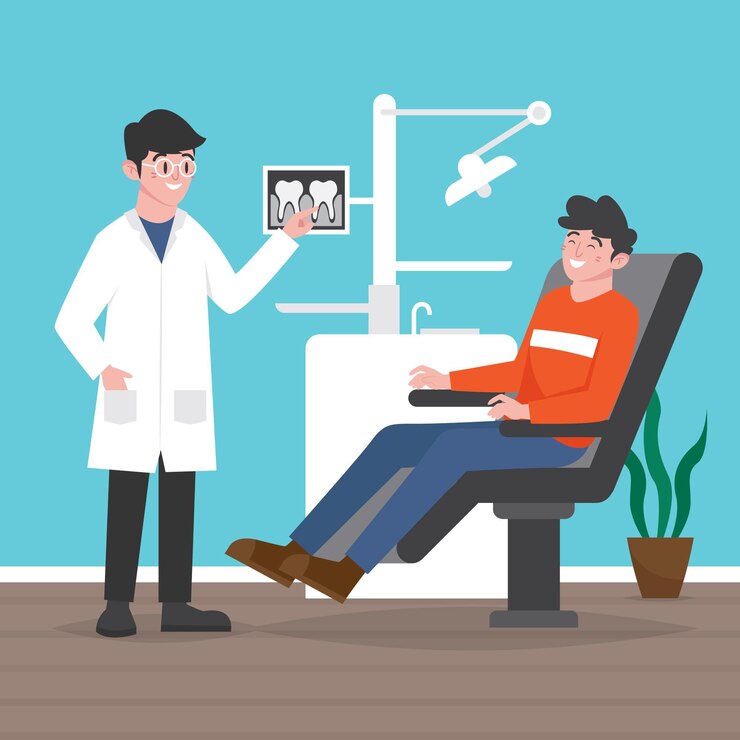The purpose of root canals restorative dentistry is to repair damaged teeth or replace missing ones. The goal is to save teeth and to provide teeth that look, feel, and work like natural teeth. The restored teeth also help keep your other teeth spaced correctly for a normal bite. These procedures help improve oral health and function. Common dental restorations include crowns, bridges and implants.
Root canal Therapy
Restorative dentistry serves the purpose of repairing damaged teeth or replacing missing ones, with the ultimate goal of preserving natural teeth and providing a natural look, feel, and function. The restored teeth also play a crucial role in maintaining proper spacing for a normal bite, contributing to improved oral health and function. Common dental restorations such as crowns, bridges, and implants are utilized to achieve these objectives.
In cases where a cavity or crack extends deep into the tooth, reaching the pulp and causing a painful infection due to bacteria, root canal therapy becomes necessary. This procedure involves the removal of the diseased pulp, including the nerves and blood vessels inside the tooth, followed by thorough cleaning and disinfection of the tooth’s interior surfaces. The canals are then filled with gutta percha, a rubbery dental material, and a filling is placed to seal the tooth and prevent bacterial entry. In most instances, individuals undergoing root canal therapy also require a crown to provide additional strength and support.
What are the signs to know I may need a root canal?
In the event that you are experiencing an infected tooth, it is possible that root canal treatment will be necessary to eliminate the infection. It is important to note that infected teeth can sometimes present without any noticeable symptoms. However, when symptoms do arise, they may manifest in various ways.
Tooth pain that persists and does not subside is a common indicator of a potential infection. While there are many reasons why teeth may hurt, deep-seated pain within a tooth or pain that radiates to the jaw, face, or neighboring teeth could be a sign of an underlying infection. Additionally, experiencing discomfort or pain when eating or touching the affected tooth may suggest nerve damage around the tooth pulp.
Other symptoms of an infected tooth may include swollen gums, the presence of a pimple or boil on the gums that releases foul-smelling pus, swelling of the jaw due to trapped pus, discoloration of the affected tooth, and a feeling of looseness in the tooth caused by the softening of the supporting bone structure. It is crucial to seek prompt root canals Jackson TN dental care if you suspect an infection in order to prevent further complications and alleviate any discomfort you may be experiencing.
Root canal treatment steps
Your healthcare provider administers anesthesia to numb the affected tooth and surrounding gum area. In cases of dental anxiety, your provider may prescribe medications to help you relax during the procedure. These medications may induce drowsiness, so it is advised not to drive immediately after treatment.
Following this, root canals Jackson TN specialist applies a thin, flexible dental dam over the affected tooth and gums to keep the area dry during the treatment process. Subsequently, a small hole is drilled in the crown of the tooth to access the pulp inside.
The next steps involve the removal of nerves, blood vessels, and tissues from the tooth pulp using specialized dental instruments. Once the pulp is cleared, the pulp chamber and root canals are thoroughly cleaned and disinfected before being filled with a flexible material known as gutta-percha. Finally, a temporary dental filling is placed to seal the tooth, followed by the placement of a dental crown to protect and restore the tooth’s function. Dental crowns are custom-made and may require a waiting period of two to three weeks.

